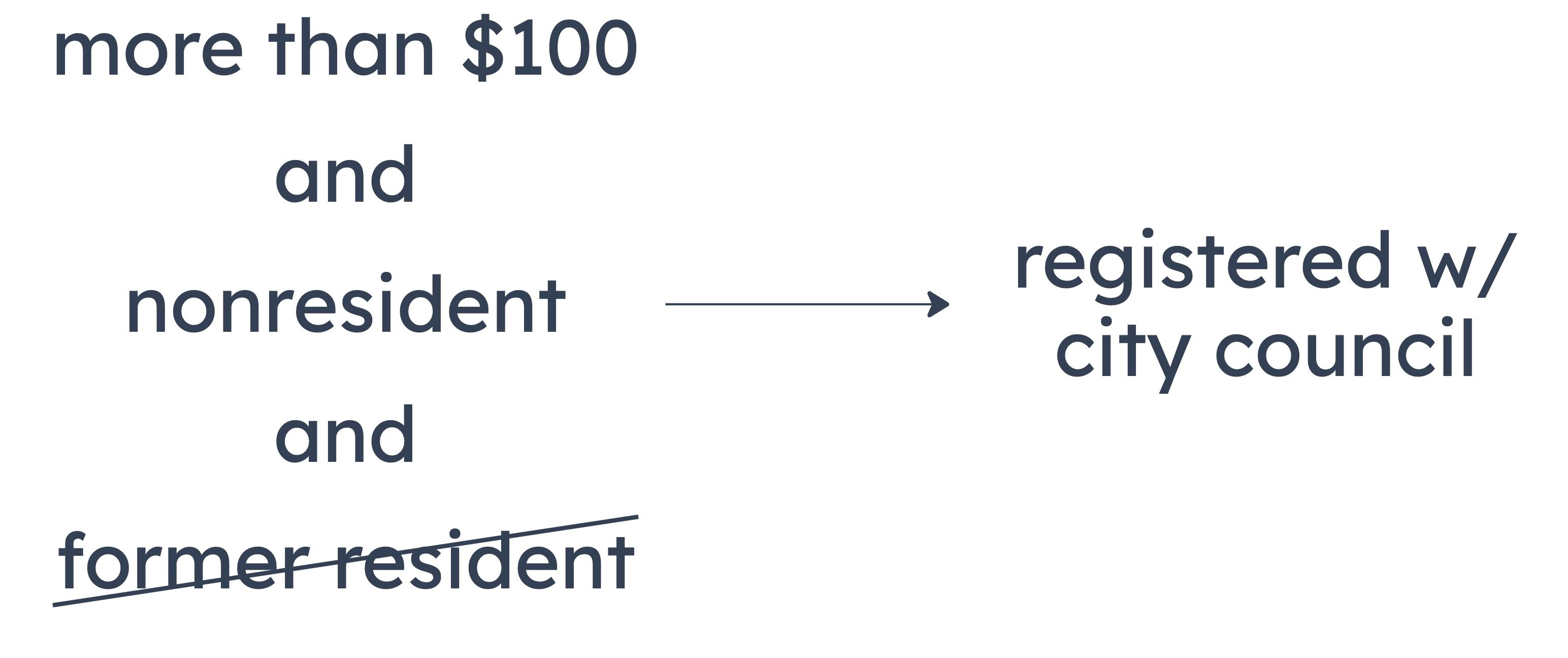They often decide to finish work when they reach a daily income target.
They tend to work fewer hours on busy days than on slow days.
A
The number of hours per day that a person is willing to work depends on that person’s financial needs.
B
People work longer when their effective hourly wage is high than when it is low.
C
Workers will accept a lower hourly wage in exchange for the freedom to set their own schedules.
D
People are willing to work many hours a day in order to avoid a reduction in their standard of living.
E
People who are paid based on their production work more efficiently than those who are paid a fixed hourly wage.
Further Explanation
The key to this question is understanding what an "effective hourly wage" means.
If you get paid a total of $100 over the course of a day, what's your "effective hourly wage"? Well, that depends on how many hours you worked. If you worked 1 hour to make that $100, then you're "in effect" getting paid $100/hour. If you worked 10 hours to make that same $100, then you're "in effect" getting paid $10/hour ($100 divided by 10 hours).
Understanding this helps to make (B) clearer as the correct answer choice.

Any contribution made by a resident of Weston doesn’t have to be registered with the city council.
Any contribution made by a former resident of Weston doesn’t have to be registered with the city council.
A
No nonresident of Weston contributed in excess of $100 to Brimley’s campaign.
B
Some contributions to Brimley’s campaign in excess of $100 were registered with the city council.
C
No contributions to Brimley’s campaign needed to be registered with the city council.
D
All contributions to Brimley’s campaign that were registered with the city council were in excess of $100.
E
Brimley’s campaign did not register any contributions with the city council.
This question's pretty tough so I hope you didn't spend too much time on it.
The stimulus tells us that "the law" is as follows. It's important for (C) to note that in context, we are to presume that this is the only law that pertains to contributions to mayoral campaigns in Weston.
What's "the law"?
If (1) $100+ and (2) currently nonresident and (3) never was a resident then must be registered.
For Brimley's campaign, we know that (4) he complied with this law and (5) accepted contributions from residents and former residents and no one else.
What must be true? (4) tells us that his campaign did not run afoul of the law (in other words, no contradiction). We overlook this fact because (4) is a conclusion and we're well trained to be skeptical of conclusions. But, this is a MBT question. The question stem explicitly tells us to presume that EVERYTHING in the stimulus is true. We must accept that in fact Brimley's campaign was run legally.
(5) tells us that Brimley's campaign failed the sufficient conditions of the law. Remember logic games lessons? Sufficient failed, rule irrelevant. In context, that means Brimley's campaign did not have to register any of its contributions. That's exactly what (C) says.
(A) is the attractive, trap answer choice. We're thinking, well, (A) must be true right?
If nonresidents contributed in excess of $100, then it would have to be registered.
First, that's false. This is true: if nonresidents who were never residents contributed in excess of $100, then it would have to be registered. See the difference?
Second, even if that's not false, we don't actually know if Brimely's campaign registered any contributions. We know that (C) they did not NEED to register. But maybe they registered for fun anyway.